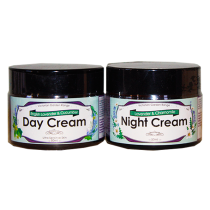Rosehip
Fruit of the rose plant
Rosehip
Other Name(s):
Rosa canina; Rosa rugosa; Rosa nitidula; Ellagic Acid
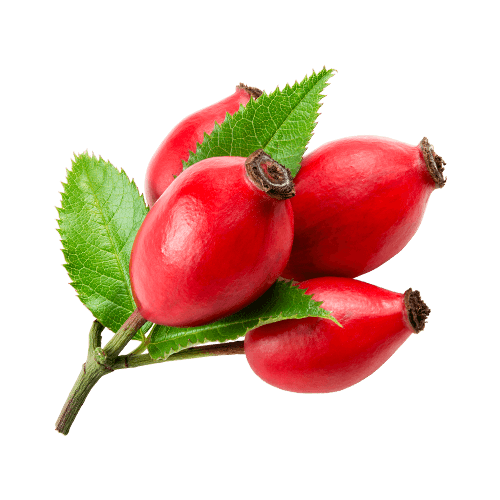
Rose is a very adaptable plant, growing well in most soil types but can be quite thirsty. Experts in rose agriculture suggest that each rose bush can require up to 10 litres of water per week to ensure they yield a vibrant bouquet.
Is Rosehip Faithful to Nature?
Yes.
Rosehip is a natural ingredient with many remarkable benefits that can be farmed sustainably and supports many rural communities, especially in Lesotho.
Benefits: Why is Rosehip Used?
Collagen Booster
Rosehip and rosehip oil may help reduce premature signs of ageing and boost natural collagen production.
Potent Anti-Oxidant
Rosehips have potent antioxidant properties with an ORAC value of 96,150 μ mol TE/100g.
Ellagic Acid
Rosehip oil is rich in ellagic acid and has a subtle woody scent.
Animal Supplement
Dried rosehips are often used as a food supplement for horses to strengthen their immune systems.
Rosehip and rosehip oil can be found as single ingredient products but are often used by natural cosmetic formulators in hydrating serums with powerful anti-ageing effects.
Rosehips are collected by hand from mature rose plants. They are then typically sun-dried and ready for use. The dried rosehips can be further refined into rosehip oil using an expeller press or supercritical CO2 extraction.
Rosehips contain approximately 426 mg of vitamin C per 100 grams according to the United States Department of Agriculture (USDA).
Research suggests that the vitamin C content of rosehip is dependent on the altitude at which the plants were grown. The higher, the better! In Southern Africa, rosehip grown in Lesotho is particularly prized for its quality.
Rosehips are the accessory fruiting body of the rose plant, separate and distinct from the flower.
While many tote the benefits of rosehip tea as a source of vitamin C, this is not strictly true. Vitamin C begins to denature at temperatures as low as 30°C, and since rosehips are added to boiling water (~100°C) to draw a delicious, flavourful and aromatic tea, the vitamin C content will suffer as a consequence.
Notice: The information provided here is not intended as medical advice and is for educational purposes only.
Products Containing Rosehip
-
sku7402v2
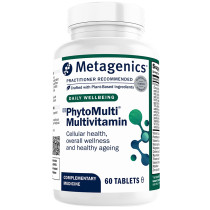
-
sku62615
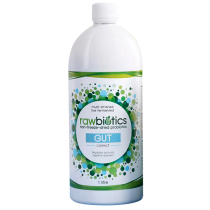
-
sku7400
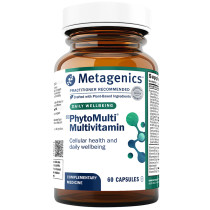
-
sku104364


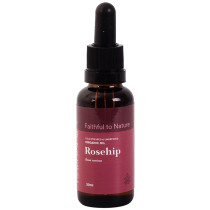
-
sku5192

-
sku137438

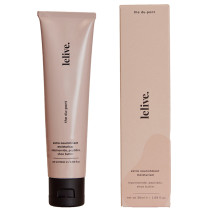
-
sku11421


-
sku9502

-
sku72
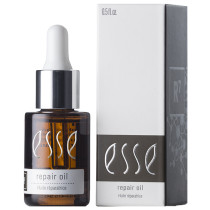
-
sku62612
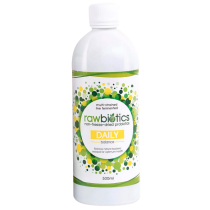
-
sku137439

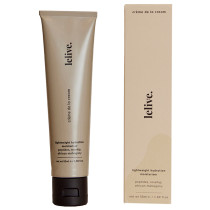
-
sku80073

-
sku92896
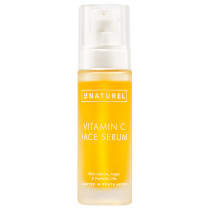
-
sku83724
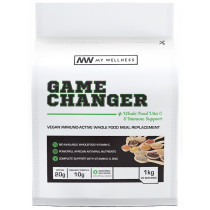
-
sku11777
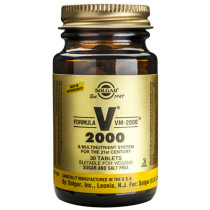
-
sku130096

-
sku130097

-
sku66903
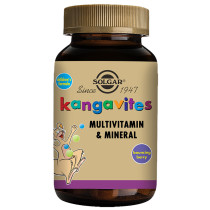
-
sku80
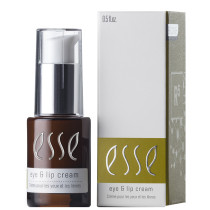
-
sku65110
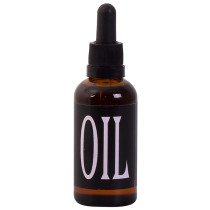
-
sku4725


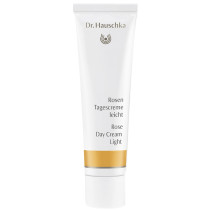
-
sku227
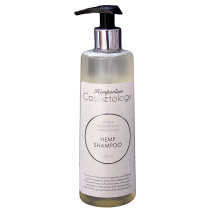
-
sku60252
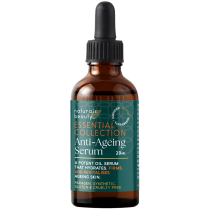
-
sku117373


-
sku4719

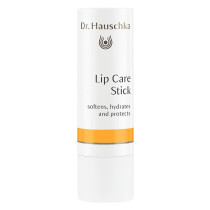
-
sku86643
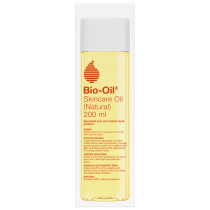
-
sku67659


-
sku70746

-
sku9405


Victorian Garden Rose Day Cream PLUS Avocado ...
- 50ml
Regular Price: R680.00
Special Price R544.00
+
-
-
sku7796


-
sku129523
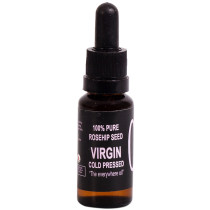
-
sku260v1


-
sku66673

-
sku92404

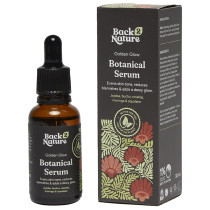
-
sku127969
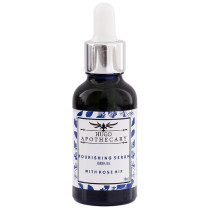
-
sku64163


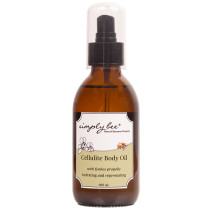
-
sku101v2


Victorian Garden Bearberry Pigmentation Cream...
- 50ml
Regular Price: R475.00
Special Price R380.00
+
-
-
sku4726v2


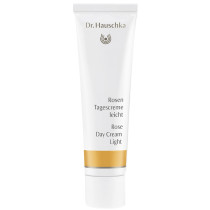
-
sku11207

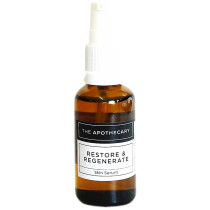
-
sku9408

